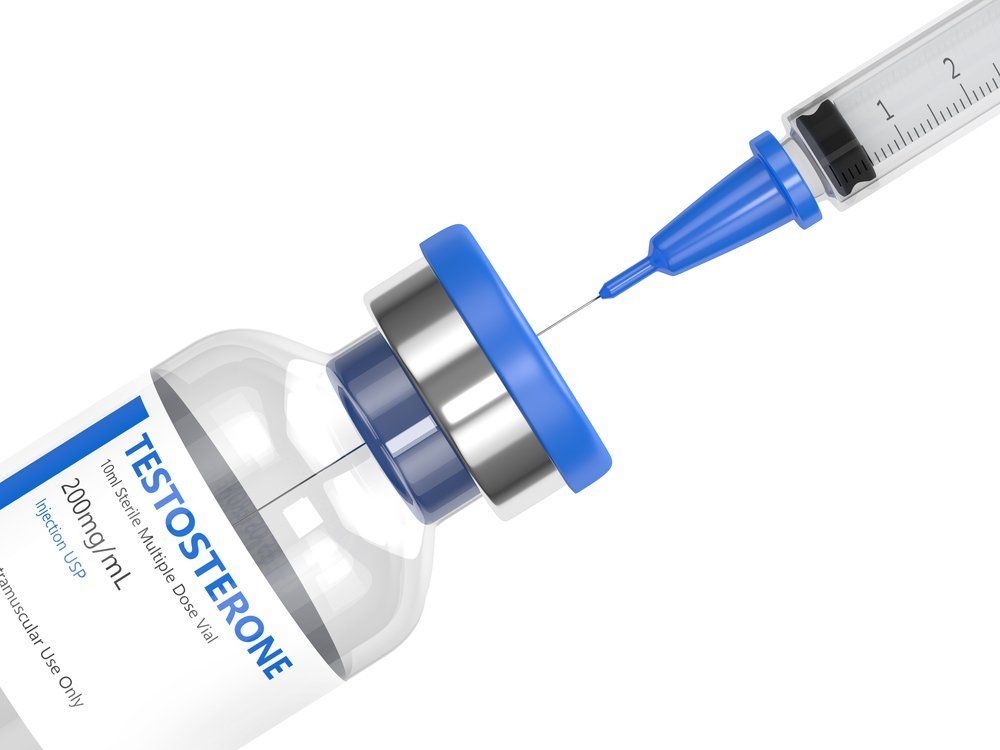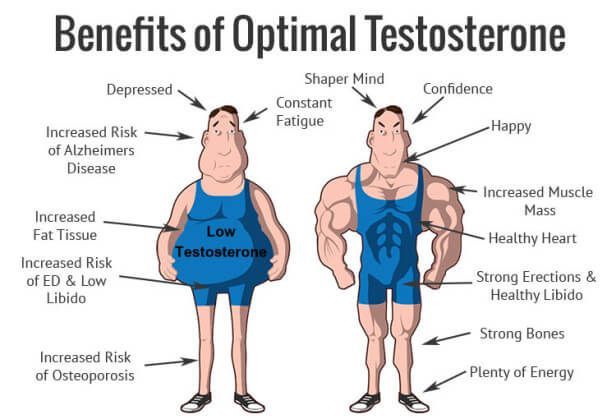Testosterone Therapy: What You Need to Know Before Starting
It’s time to set the record straight—testosterone is not a supplement. It’s a prescription medication that alters your body’s hormone balance and, when used incorrectly, can have serious long-term health consequences.

The Truth About Testosterone
Testosterone therapy can be life-changing for patients with true clinical deficiency. But it’s also one of the most
misused and over-marketed treatments in modern medicine. Many “hormone clinics” and online providers promote testosterone as an anti-aging miracle, often without the proper medical oversight. These programs can be lucrative for the clinic—but dangerous for the patient.
Red Flags of Inappropriate Testosterone Treatment
If you’re currently receiving testosterone therapy, take a close look at how your treatment is being managed. You may be receiving unsafe or ineffective care if any of the following apply:
- You rarely (or never) meet with a qualified physician.
- You’re being charged more than $50 per month for testosterone itself.
- Your diagnosis was made from a single lab test.
- Labs were drawn after 10 a.m., when testosterone levels naturally drop.
- Your “follow-up” labs are taken on the same day as your injection, which can artificially inflate results.
- Your initial dose exceeds the equivalent of 200 mg every 14 days.
- You’ve been prescribed extra medications to offset side effects of the testosterone.
- You’ve been told to donate blood to control your hematocrit (a sign your dose may be too high).
These are not normal or evidence-based practices—they’re shortcuts that put your health at risk.

How We Do It Differently
At Sasser DPC, every hormone therapy plan is based on established medical guidelines. We take the time to evaluate your full medical history, perform comprehensive labs at the correct times of day, and follow a personalized, carefully monitored protocol. Our goal isn’t to sell you a product—it’s to restore your health safely and sustainably.
We’re happy to help patients who need proper testosterone management. But even if you choose another clinic, please make sure you’re working with a qualified, reputable physician who understands the complexity of hormone therapy.








